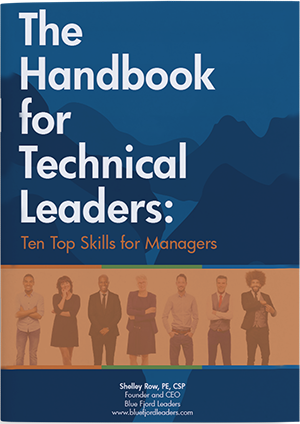
Complex decision-making can be a treacherous undertaking that has the potential to shape organizations’ destinies. Managers who are making these critical decisions heavily rely on data analysis and input from diverse sources. However, many managers don’t realize that lurking beneath the surface is the formidable confirmation bias—a cognitive bias capable of subtly distorting the decision-making process. Keep reading for tips to guide managers in navigating complex decision-making while effectively countering confirmation bias in data analysis and input.
1. Understanding Confirmation Bias
Confirmation bias, an ever-present cognitive bias, represents the human inclination to favor information that aligns with preexisting beliefs or hypotheses while downplaying or dismissing contradictory evidence. This cognitive bias presents a formidable obstacle to objective and rational decision-making. As Warren Buffett observed, “What the human being is best at doing is interpreting all new information so that their prior conclusions remain intact.”
2. Fostering a Culture of Critical Thinking
How are you fostering a culture of critical thinking? Are you encouraging teams to challenge assumptions, question their convictions, and actively seek diverse perspectives? As a manager, you set the tone for asking good questions and actively examining a wide range of opinions. Deep questioning by managers is pivotal in reducing the sway of confirmation bias.
3. Precision in Defining Decision Criteria
Before embarking on complex decision-making, it is paramount to precisely define decision criteria. By outlining specific factors that will shape the final choice and making these criteria transparent to all stakeholders, organizations not only minimize bias but also enhance the clarity of decision-making.
4. Diversification of Data Sources
Leveraging a range of datasets, including historical data, market research, customer feedback, and industry benchmarks, serves as a powerful antidote to selectively choosing data that aligns with preconceived notions. Plus, it’s important to consider that the nature of data is that it is backwards looking. Ask yourself if backwards-looking data supports forward-looking questions. During times of intense change, historical data may need more questioning.
5. Anonymous Data Analysis
Anonymous data analysis ensures that analysts remain unaware of the expected outcome or the hypothesis being tested. This approach safeguards the integrity and objectivity of the analysis process, preventing undue influence from confirmation bias.
6. Actively Seeking Diverse Perspectives
The diversity of viewpoints is instrumental in identifying blind spots and curbing confirmation bias by introducing alternative angles for consideration. Are you seeking input from those you trust and those who don’t agree? It takes extra energy to listen to and truly hear opposing opinions. By assigning someone the role of challenging prevailing viewpoints and presenting counterarguments, organizations can uncover biases and stimulate open discussions that lead to well-rounded decisions.
Effective decision-making demands that managers have the skills to effectively counter confirmation bias. By promoting critical thinking, diversifying data sources, and encouraging diverse perspectives, managers can make more informed and unbiased decisions. Confirmation bias requires vigilance, dedication to objectivity, and the integration of diverse viewpoints to mitigate its influence. By doing so, organizations can navigate complex decisions with confidence, steering clear of costly missteps, and charting a course toward success in an ever-changing business world.
Blue Fjord Leaders has several programs, breakouts, and training on complex decision-making. Contact Shelley@BlueFjordLeaders.com for more information.





0 Comments